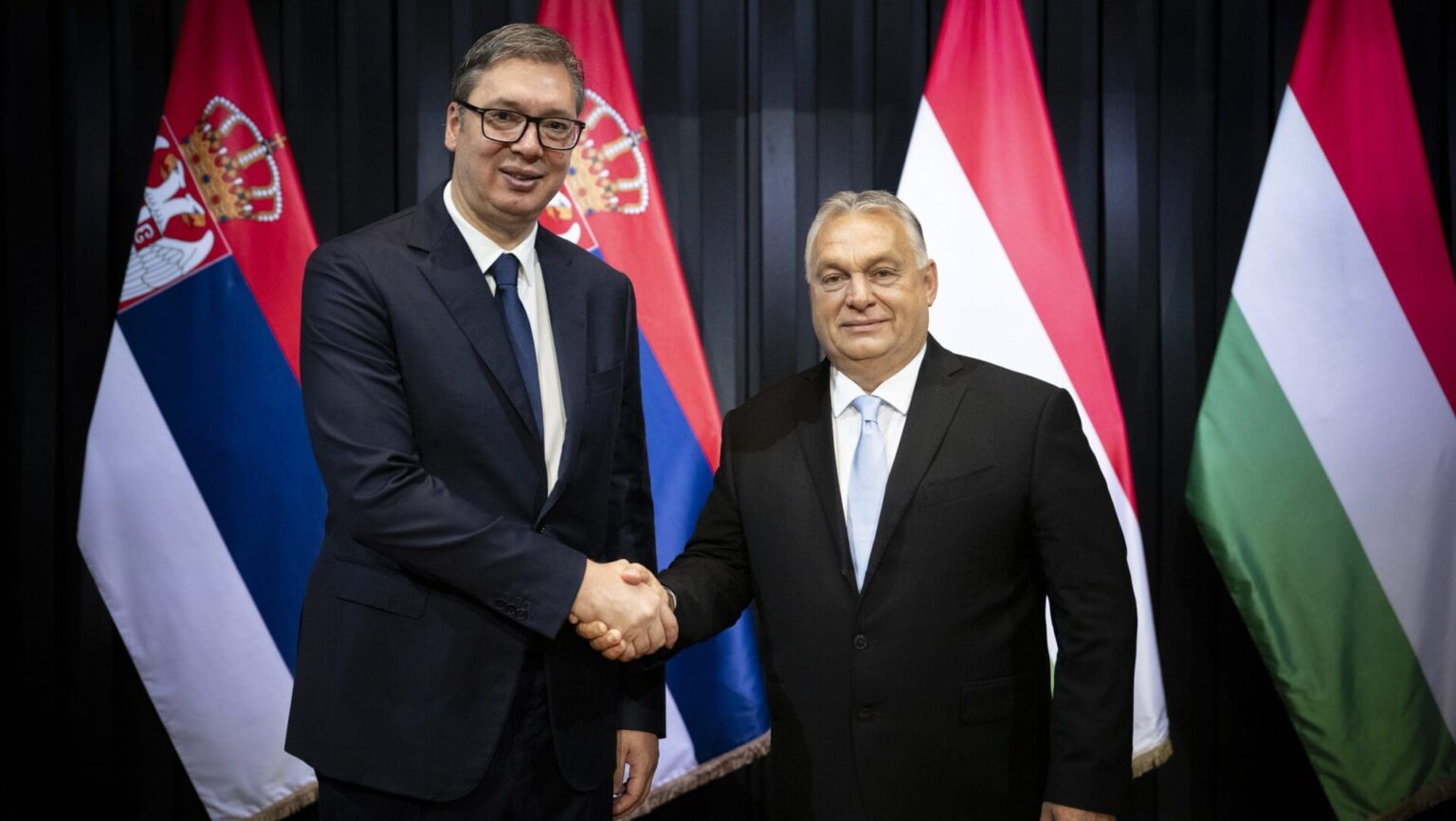
Serbian President Aleksandar Vučić, a longtime ally of Viktor Orbán, called for a confidence referendum against himself after a survey revealed that more than 50 per cent of Serbians want him out of office. The Serbian President stated that ‘legitimacy is the cornerstone of politics and that sovereignty always stems from the will of the people.’
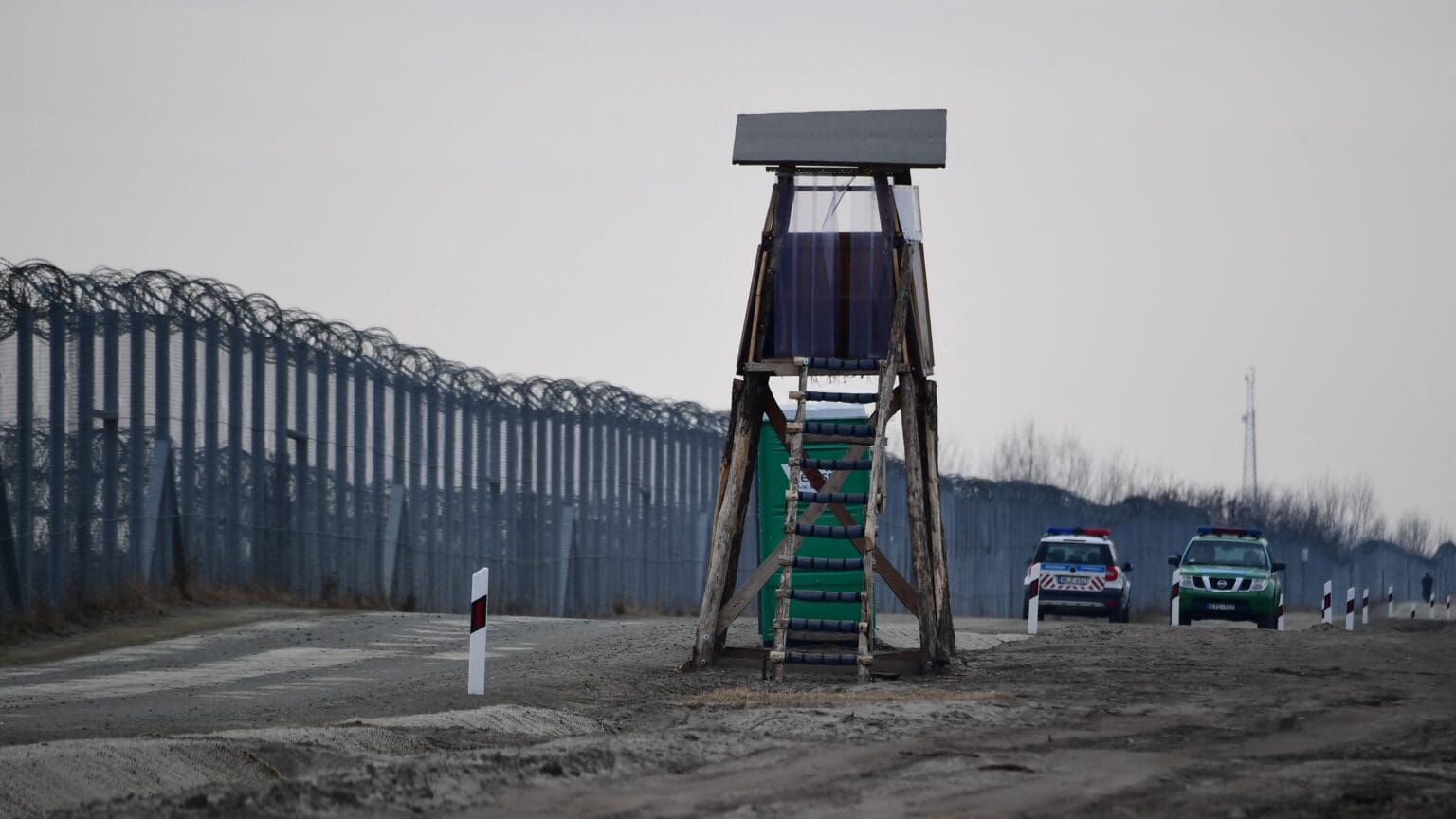
Migration pressure is once again mounting at Hungary’s borders, as reported by György Bakondi, the Prime Minister’s Chief Security Advisor. He highlighted growing challenges, shifts in migration routes, and political tensions surrounding EU migration policies in a television interview.

Conflits is a sizeable geopolitical publication in the French media landscape. As of January 2025, it boasts 70 issues (including specials), a monthly audience of 500,000 for its 300+ podcasts and 380,000 YouTube subscribers. The magazine doubled its following between 2020 and 2024, a growth that matches MCC’s own take-off since the beginning of the decade.

From mesmerizing operas to energetic dance performances and family-friendly musicals, the Margaret Island Open-Air Theatre promises an exciting 2025 season from May to September, catering to audiences of all ages.

The Hungarian communication space has become heavily reliant on social media, with platforms like Facebook shaping public discourse. A recent Media Authority study analysed three million posts between 2021 to 2024, revealing key trends in online engagement and content dynamics.

The Hungarian Police has apprehended three foreign men and a Hungarian woman who ran a series of international online scams. They set up fake accounts on dating apps and websites, and targeted wealthy middle-aged to elderly women to swindle money out of them.

‘People are challenging the pressure that comes from the media and the unrepresentative elites and are pushing for the return of proper conservative policies. This would not have happened without the victory of Donald Trump in 2024, the resistance of leaders such as PM Orbán, as well as the purchase of Twitter by Elon Musk and the rise of alternative media.’
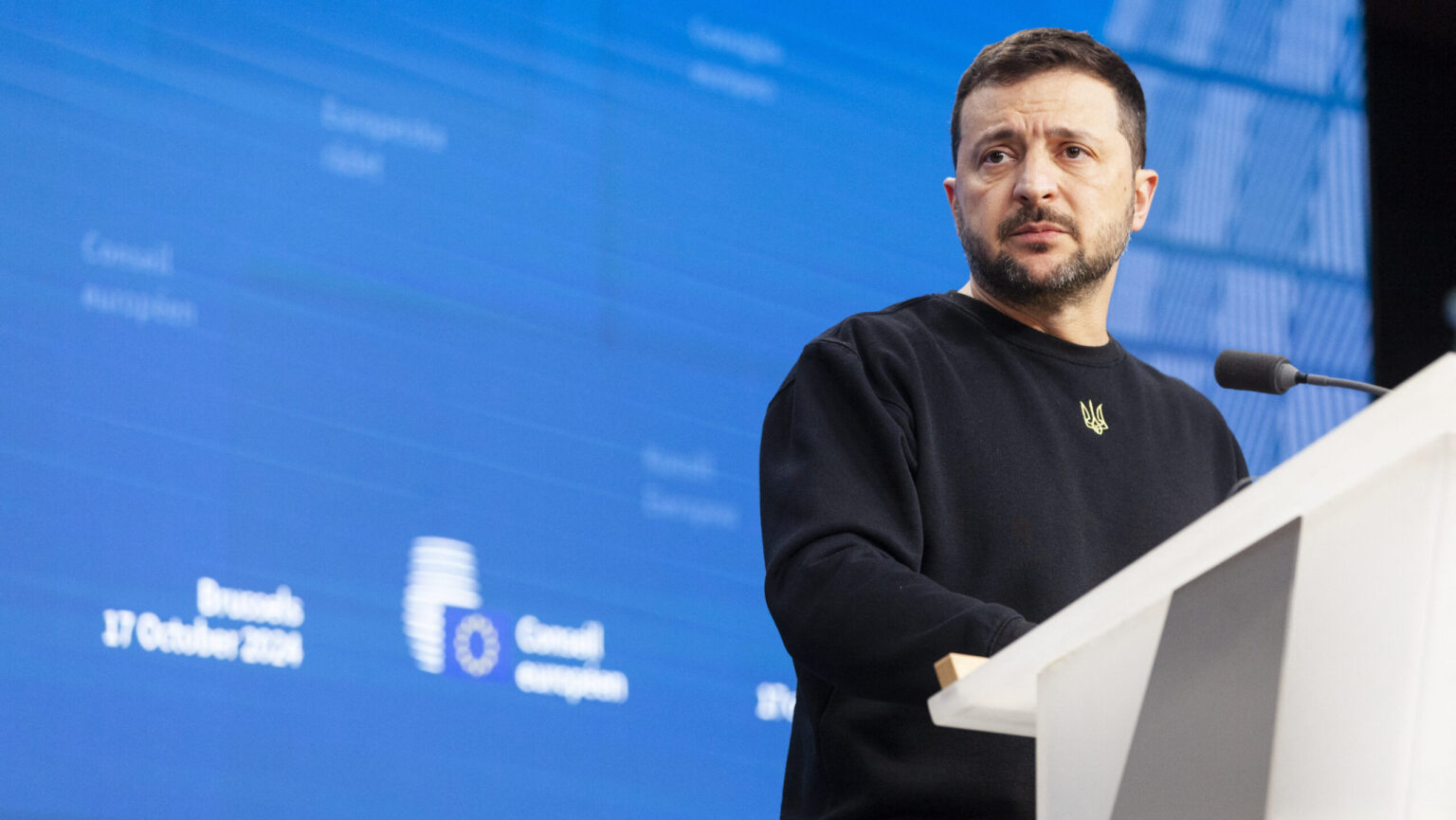
After Slovak Prime Minister Robert Fico extended an invitation for talks, Ukrainian President Volodymyr Zelenskyy responded with his characteristic brand of arrogant diplomacy. Kyiv has adopted a similarly combative style in its interactions with Hungary.
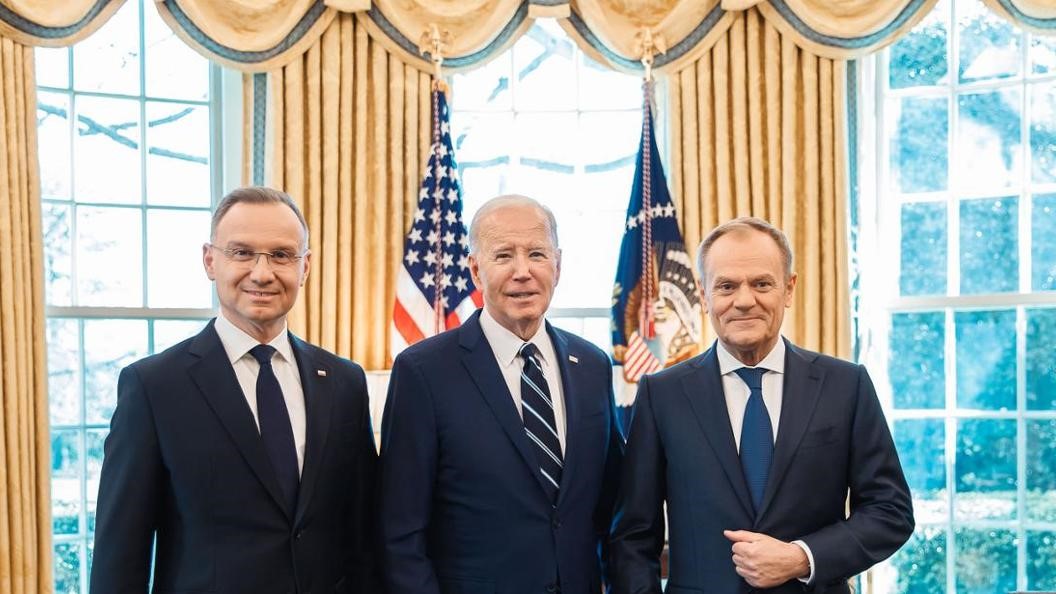
Since Hungary granted political asylum to the persecuted former Polish Deputy Justice Minister Marcin Romanowski, Donald Tusk’s government has launched a retaliatory campaign against Hungary’s ambassador to Warsaw, István Ijjártó. According to Polish media reports, this campaign could culminate in Ijjártó’s expulsion from the country.
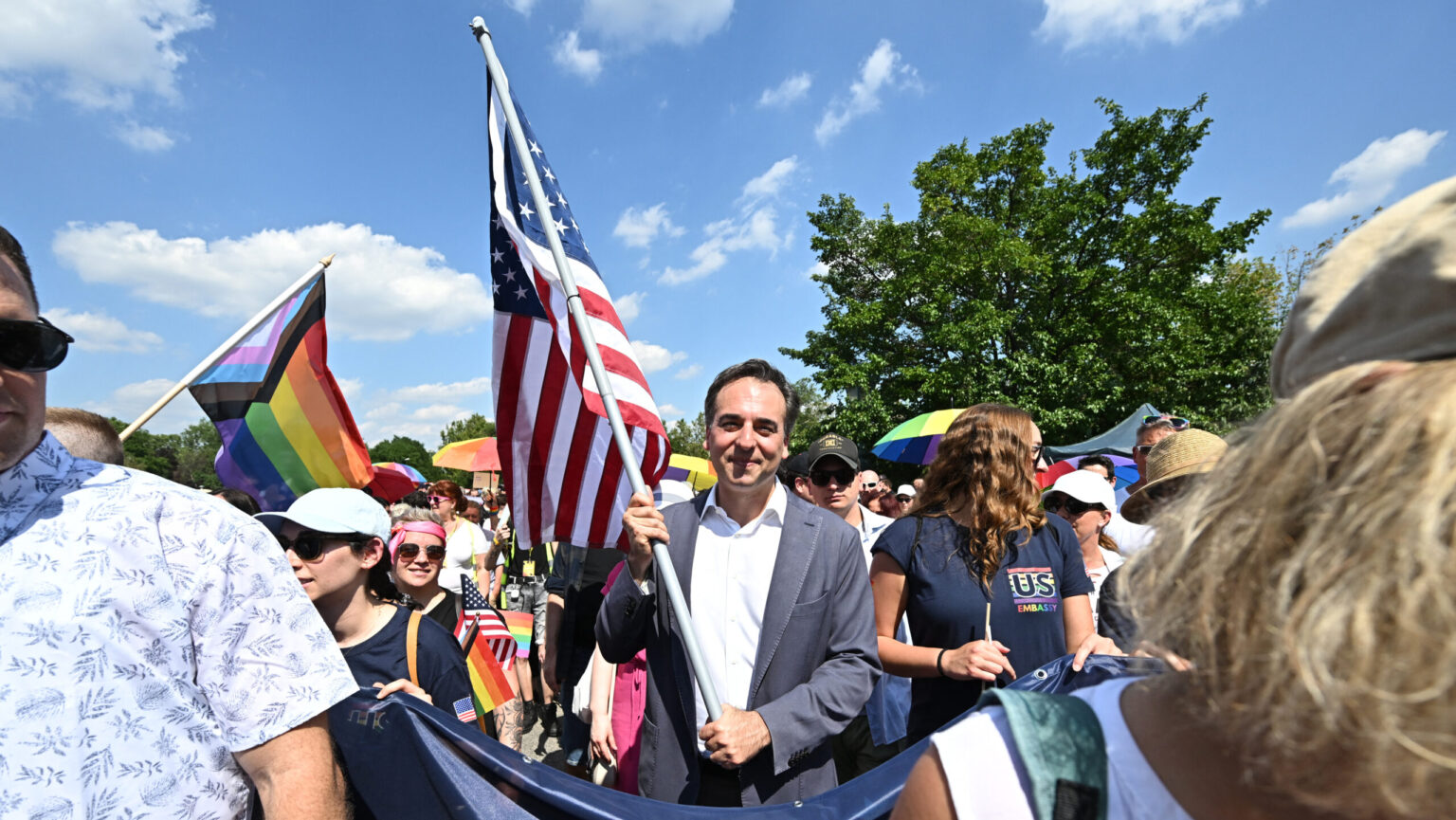
On 14 January, after just over two years, US Ambassador to Hungary David Pressman’s tenure came to an end. His legacy will be remembered not for strengthening US–Hungarian relations, but for significantly undermining them.

At the 67th annual M4 Sport Athlete of the Year Gala, Olympic gold medalist swimmer Hubert Kós won Best Male Athlete of the Year, Olympic gold medalist pentathlonist Michelle Gulyás won Best Female Athlete of the Year; while the Best Team of the Year award was given to the Women’s Handball National Team, which came in third at the European Championship in December.

Hungary’s government has succeeded in controlling inflation following the economic challenges of war and the energy crisis. With the average inflation rate dropping to 3.7 per cent in 2024 and forecast to reach 3.2 per cent in 2025, the outlook brightens for families and businesses alike.
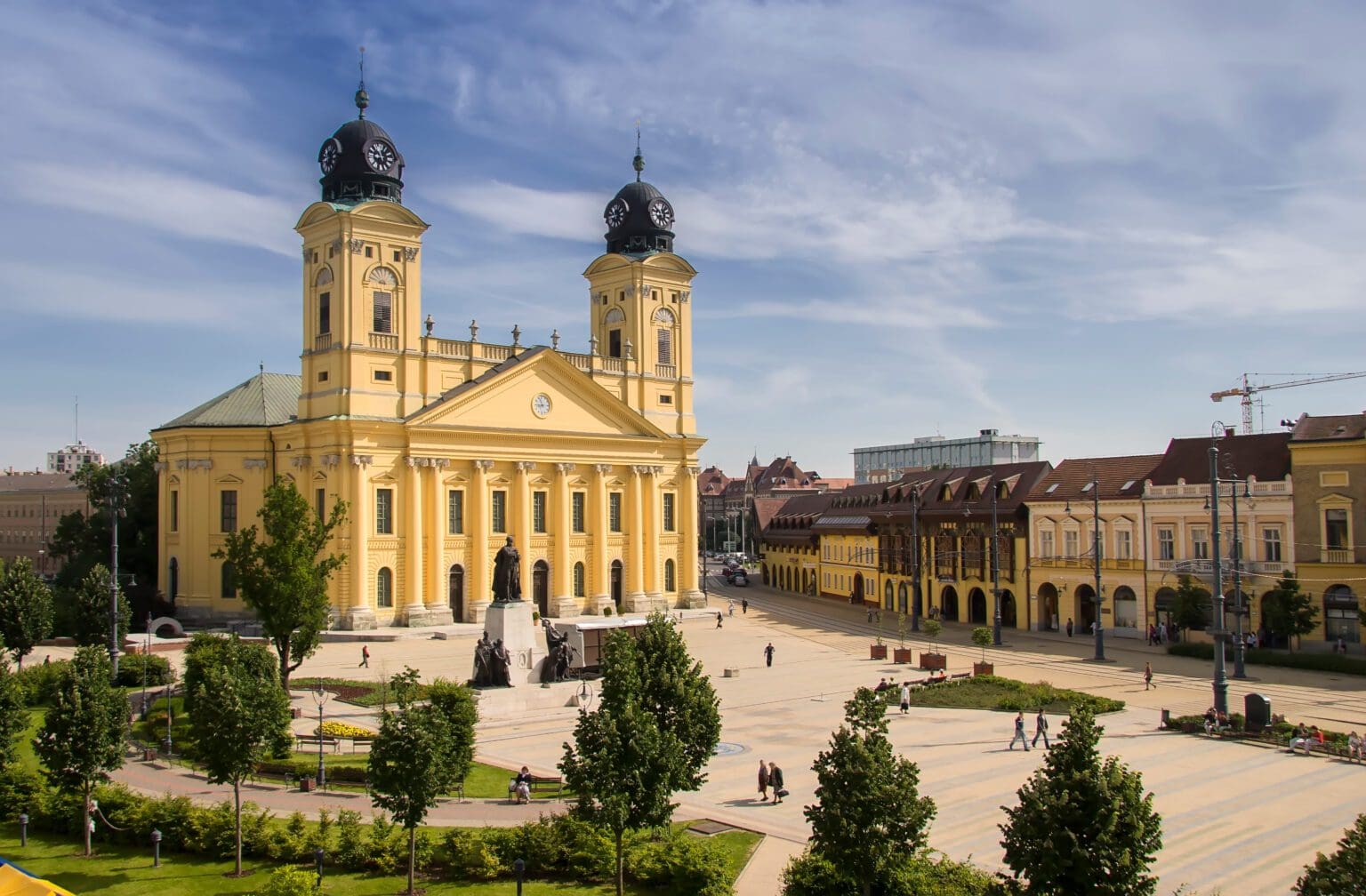
The University of Debrecen’s Faculty of Informatics is collaborating with Florida and Seoul Universities to develop a digital twin framework for improving road safety, traffic efficiency, and autonomous vehicle testing, supported by a HU-rizont programme grant.
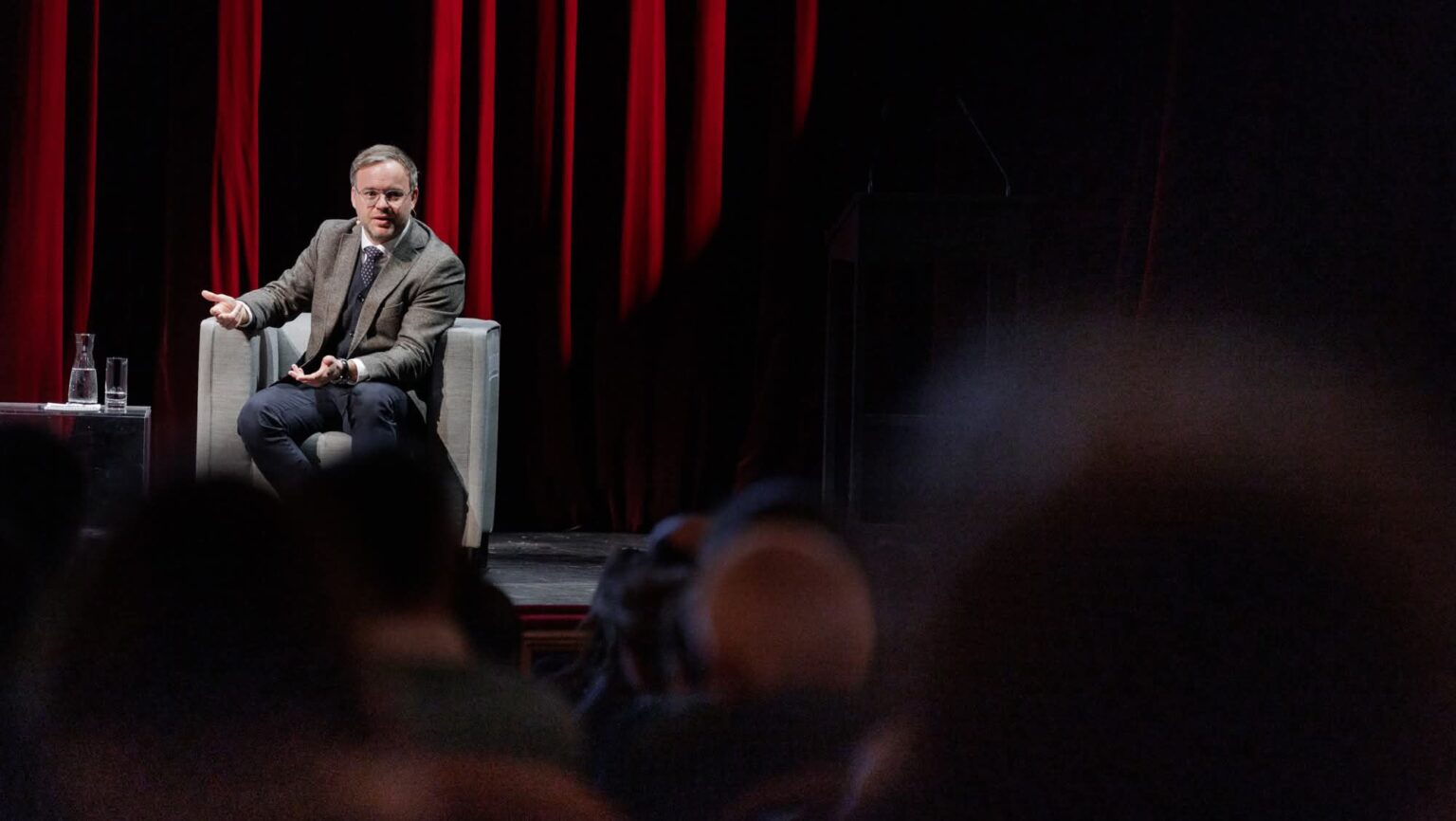
Trump’s emphasis on national interests enables Hungary to prioritize its own, Balázs Orbán, the Hungarian Prime Minister’s political director, noted during a high-profile panel discussion held in Vienna, Austria on Sunday. The panel featuring international experts focused on the potential impact of Donald Trump’s second presidency on the future of Europe.

‘As China’s growth rate already lags behind major emerging economies in South and Southeast Asia, such as Bangladesh, India, Indonesia, the Philippines, and Vietnam, and is predicted to be less than half of most of these in the second half of this decade, China’s aspirations to dominate Asia seem futile.’

The United States has long given up any intent for territorial expansion. Incoming President Donald Trump, however, is bringing the spirit of ‘Manifest Destiny’ back to the White House, and is already making progress on making the acquisition of Greenland a reality.
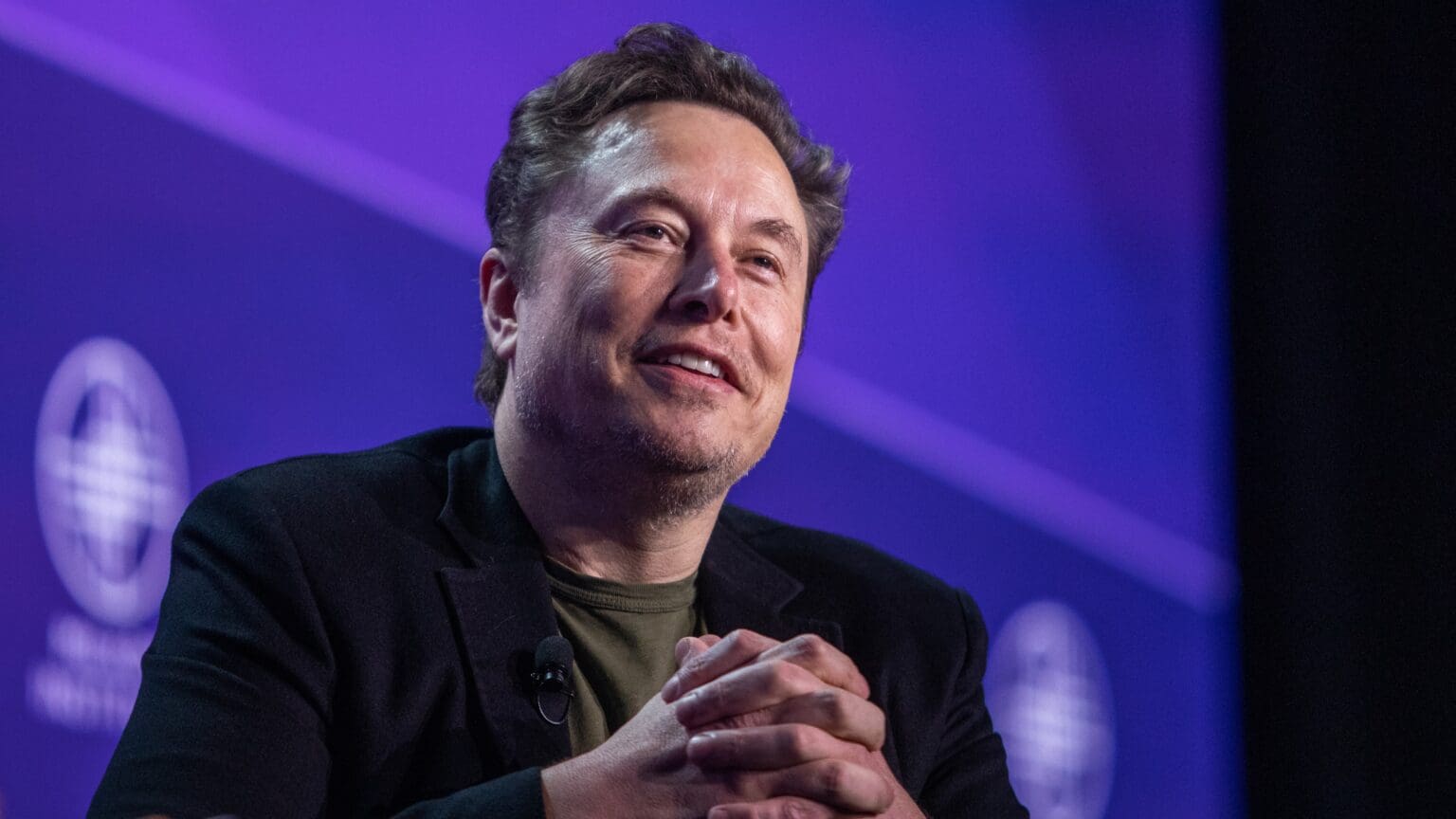
Hungarian governing party Fidesz’s MEP András László shared a lengthy post on X, drawing attention to the Western double standard regarding billionaires meddling in European politics. He pointed out the contrasting treatment of Elon Musk and George Soros, with the latter being praised while the former is demonized. Musk retweeted the post, causing it to go viral within a few days.

Tens of thousands of supporters of Romanian presidential candidate Călin Georgescu took to the streets in Bucharest on Sunday to protest the annulment of the presidential election. With no concrete evidence emerging to substantiate the allegations of Russian interference, it has become increasingly evident that the progressive elite will go to any lengths to remain in power.
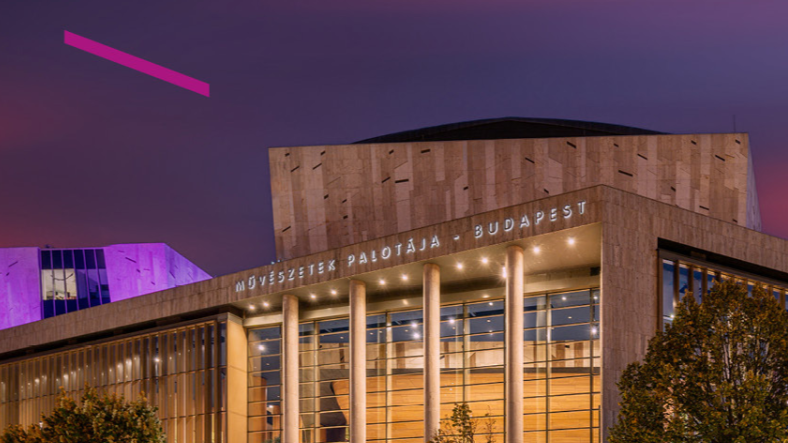
Müpa Budapest will celebrate its 20th anniversary with a two-day cultural extravaganza on 15–16 March. The event promises a rich programme of classical and jazz concerts, contemporary dance, new circus performances, and family-friendly activities.
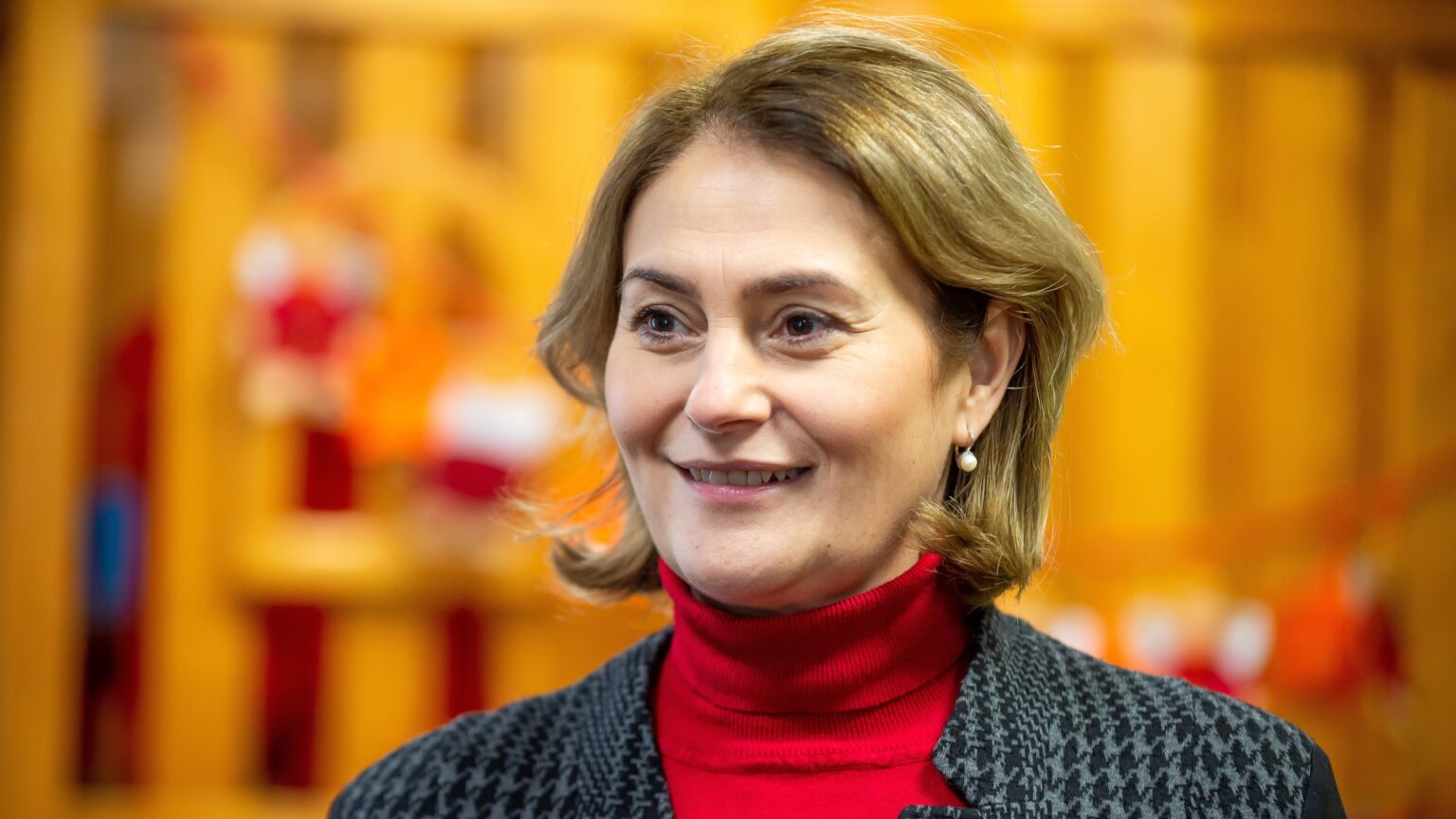
In a by-election called to fill the seat of deceased MP Árpád János Pótápi in the 2nd electoral district of Tolna County, Fidesz-KDNP’s candidate Dr Krisztina Csibi won by 44.5 points. Three years prior, in 2022, Fidesz’s nominee won by ‘only’ 35.4 points. Péter Magyar’s Tisza Party did not even field a candidate, with Magyar dismissing the election as irrelevant.

FILMIO, the streaming platform of Hungary’s National Film Institute (NFI), achieved remarkable growth in 2024. User engagement soared by over 20 per cent, with the platform introducing exciting new content, including classic restorations and new releases.

According to a recent Nézőpont Institute survey 61 per cent of Hungarian voters oppose early parliamentary elections, with support for such a move declining since last year. Even among Tisza Party supporters nearly 40 per cent reject their leader’s proposal.
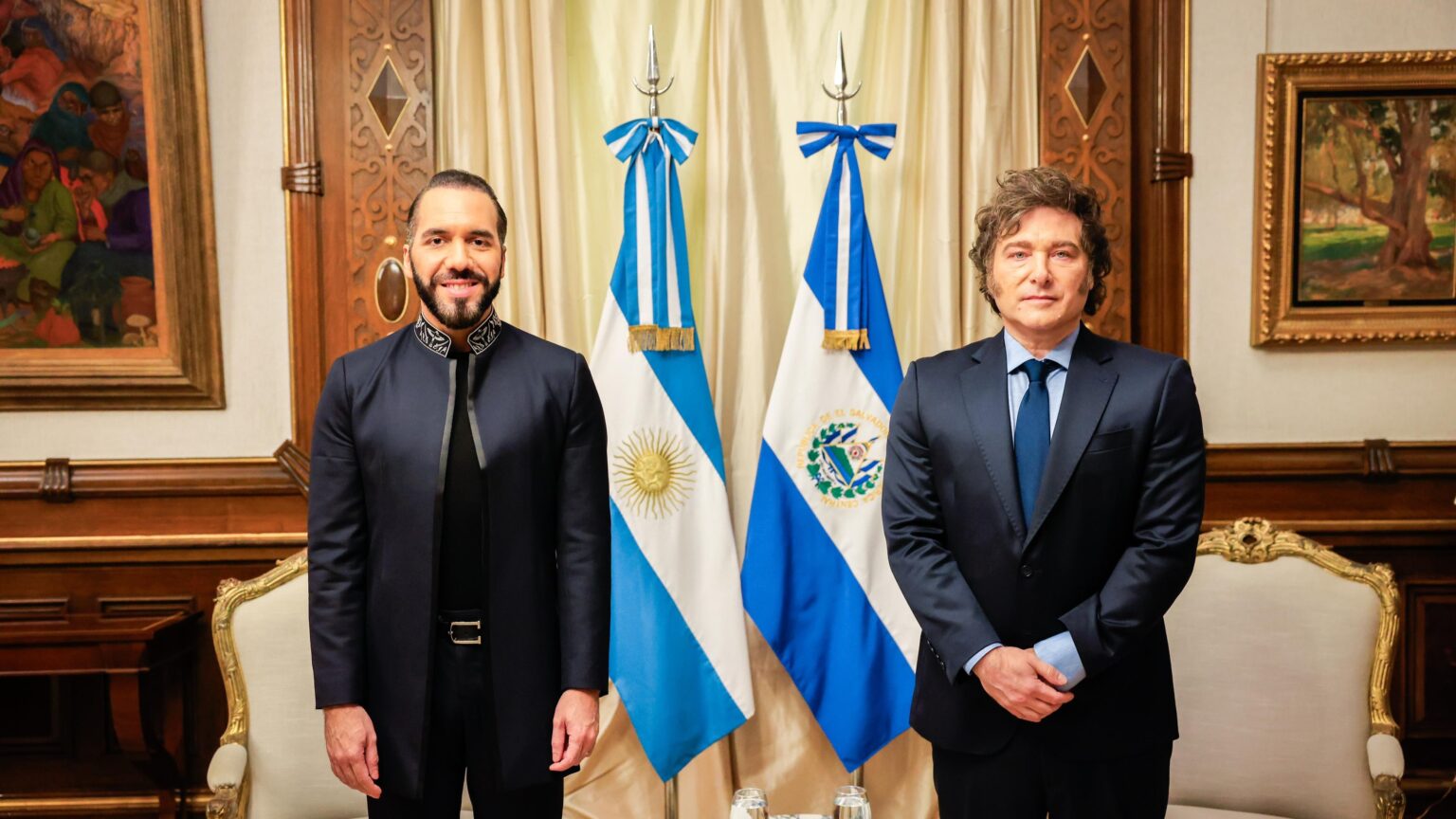
‘If Javier Milei can sack ten thousand bureaucrats, if Nayib Bukele can imprison ten thousand MS-13s, if Trump can buy Greenland and take back the Panama Canal—well, what else is on the menu?’
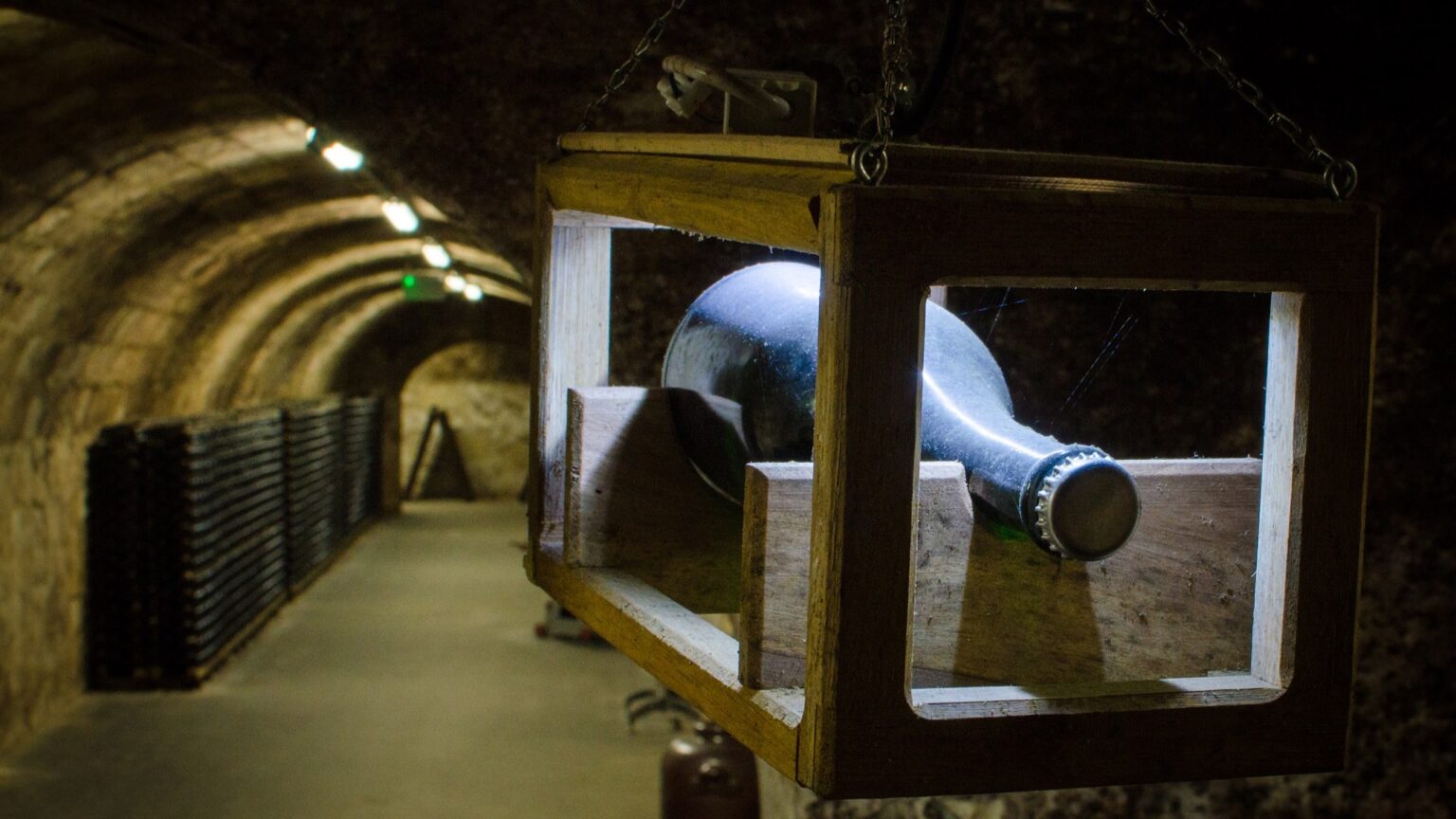
The Törley brand stands for excellence in Hungary, thanks to the high-quality sparkling wine that has been produced for almost 150 years now in the Budafok factory once owned by the Törley family.
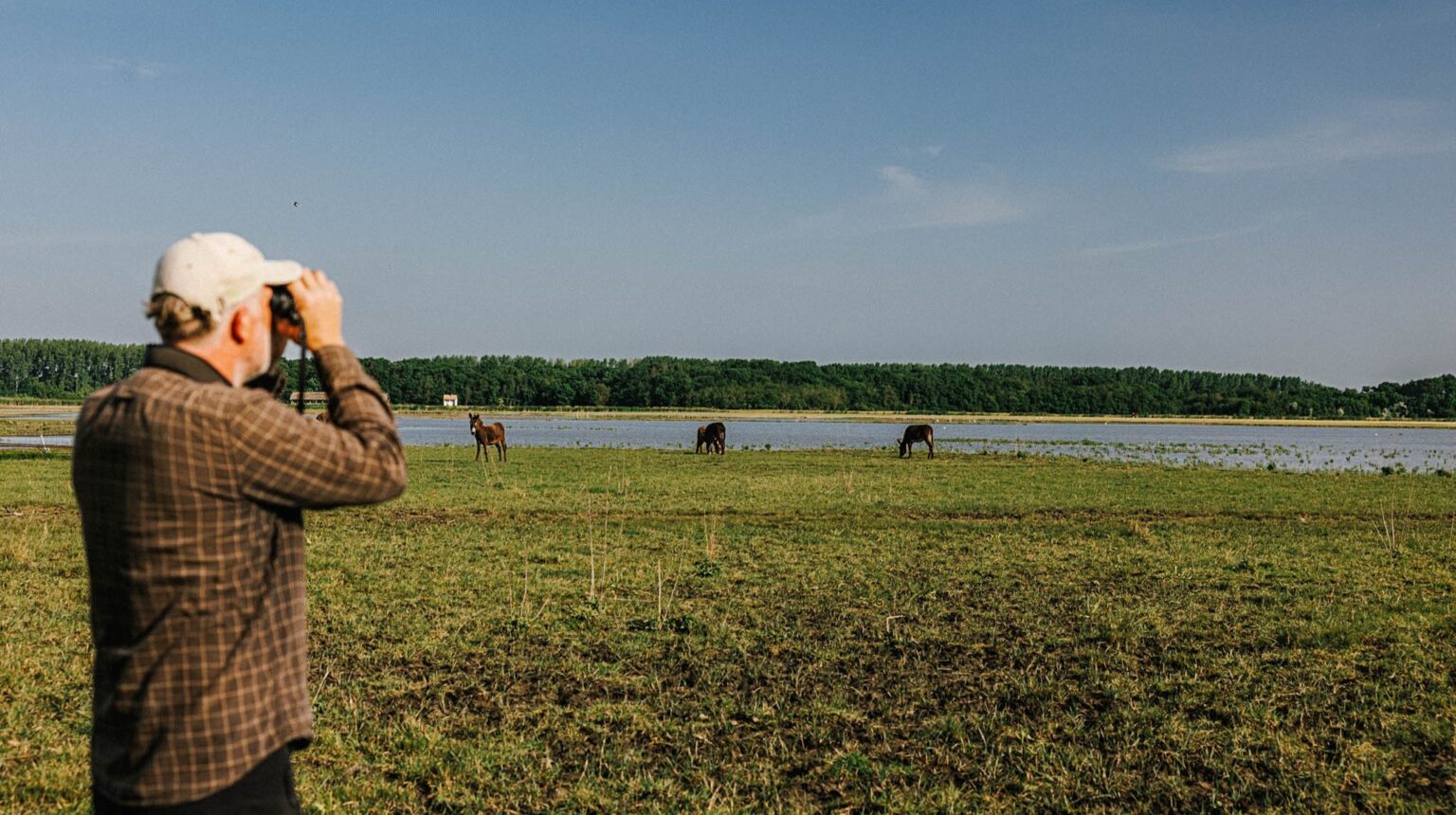
‘The lapwing, the iconic bird of the wetlands of the Great Plain, has come back, which is also a kind of mirror. Where it subsists, things are fine; where it disappears, there is trouble.’

This little known case of Hungarian Israeli Rabbi Ottó Komlós not only provides insight into how the Hungarian Communist intelligence services viewed Israel’s most important Holocaust museum and its Hungarian employee, but also highlights the clumsiness of the covert activities of Kádár’s state security services in the early 1960s in Israel.
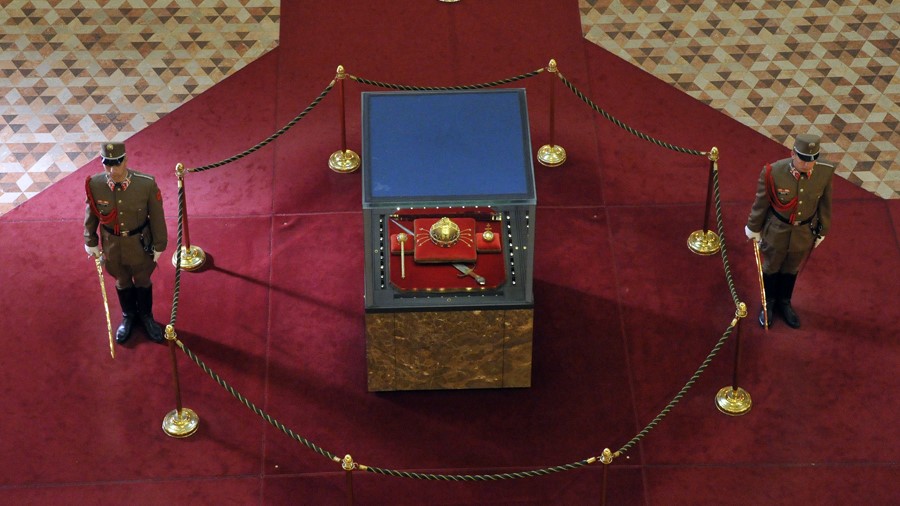
The historical Crown Guard was re-established in 2011 as part of the 32nd Guard and Ceremonial Regiment of the Hungarian Defence Forces. The former commander of the guard, Colonel Barnabás Ádám sat down with Hungarian Conservative to discuss the significance of the Guard, as well as his time as the number one defender of the Hungarian Holy Crown.

The Nyíregyháza Zoo has achieved a major milestone in wildlife conservation with the birth of twin Sumatran tiger cubs. This critically endangered species, with only 400–500 individuals left in the wild, marks a triumph in a decade-long breeding programme.

‘As we step into 2025, the world stands at a crossroads and on the brink of major breakthroughs in many aspects. The world order is in transition. Artificial Intelligence is poised to reach new milestones, unimaginable only a few years ago. Many crises, natural or manufactured, have reshaped the geopolitical landscape, and tested our societies’ resilience.’

‘While North Carolina Democrats enjoy some critical demographic tailwinds, recent election results suggest demographic destiny is likely an overrated idea in American politics.’